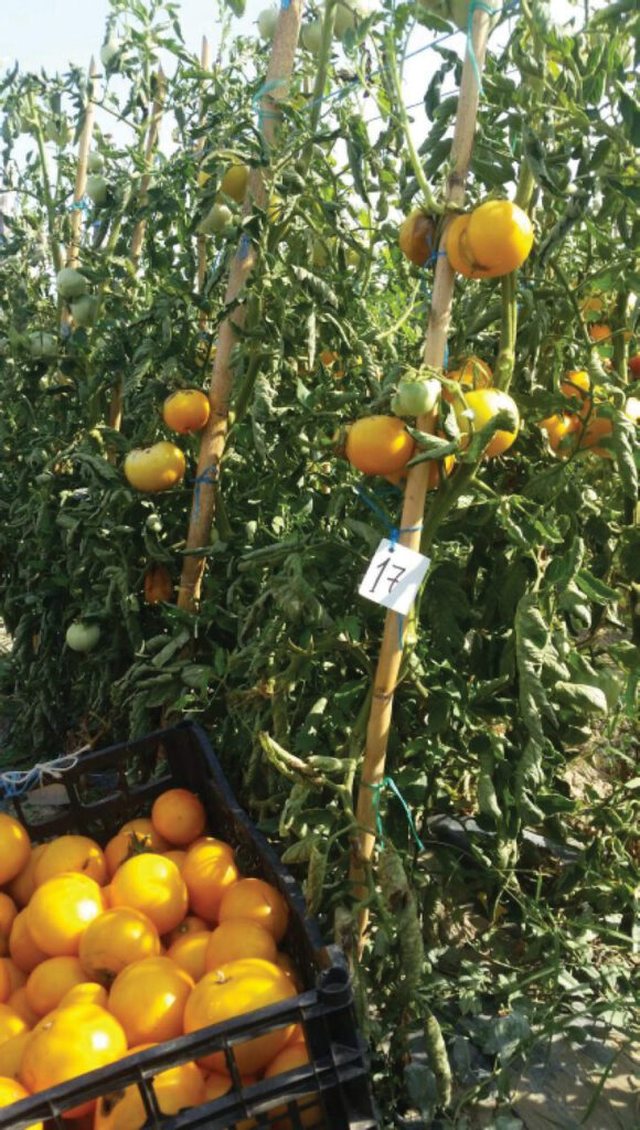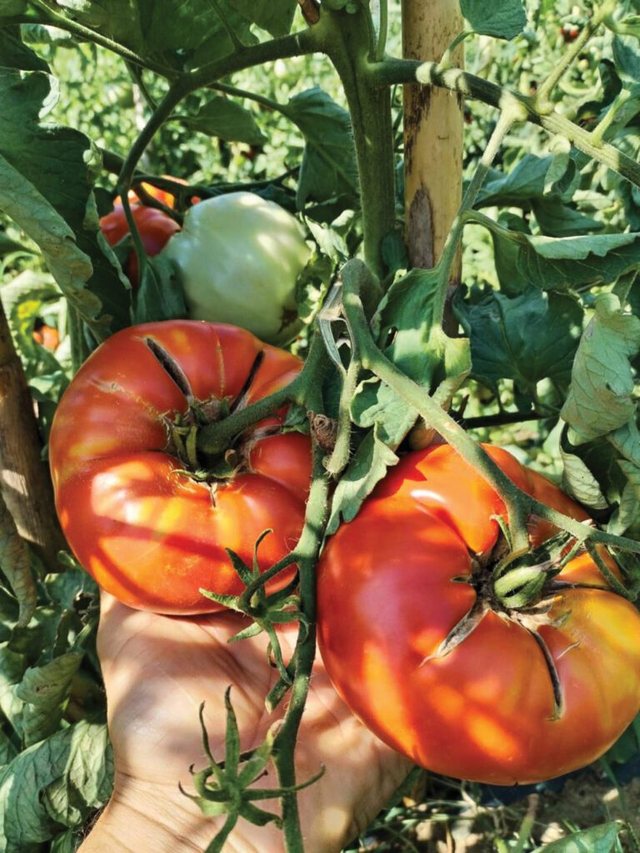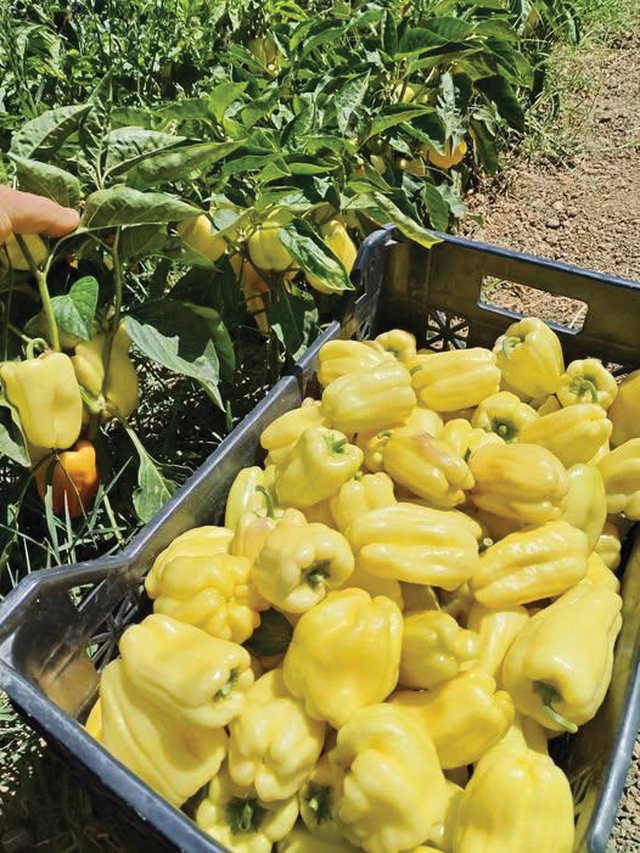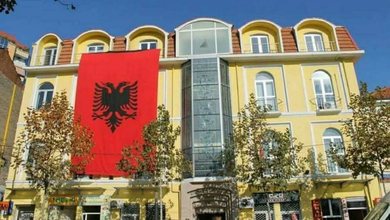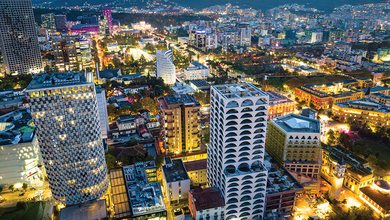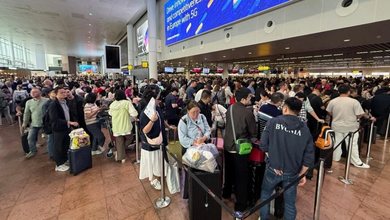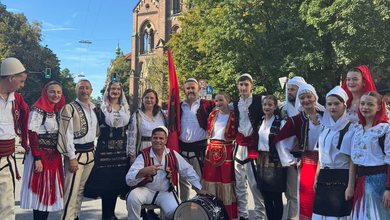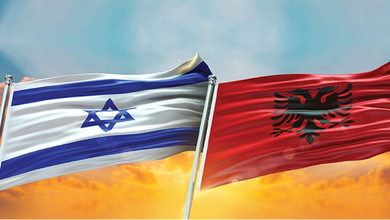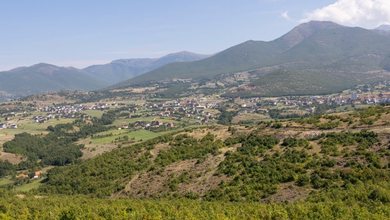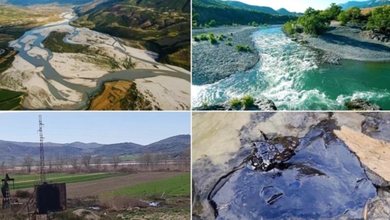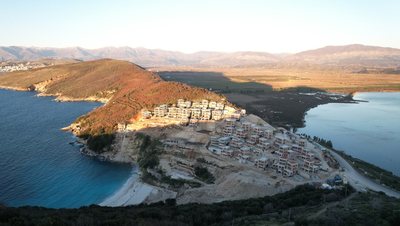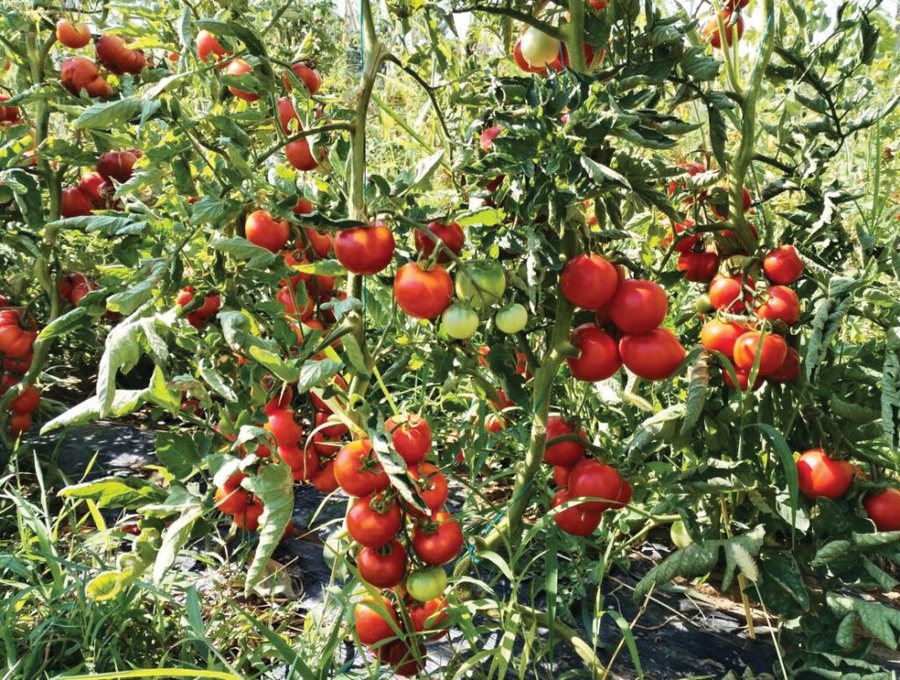
Farmer Alban Çakalli, on his lands in Kurbin, is turning into a cultivator of indigenous seeds with the aim of using them for consumption on agritourism tables.
Mr. Jackal is not only becoming an active "bank" of local cultivars, but is also using traditional cultivation methods.
In an interview with "Monitor", he explains the benefits that come from cultivating indigenous varieties.
You are engaged in the cultivation of old indigenous seeds. Explain to us a little more, what exactly are you doing?
Currently, I am engaged in collecting, preserving, and cultivating indigenous vegetable varieties, mainly tomatoes, peppers, corn, beans, and melons.
My goal is to preserve this endangered heritage and to give life back to the varieties that have nourished entire generations of Albanians, but which have today been replaced by foreign hybrid and industrial seeds.
I am also working with selection to improve the best lines, without changing their original identity. The seeds of these cultivars will be packaged and certified by the State Seed and Seedlings Institute.
Most of the seeds were obtained from the Institute of Genetic Resources, a unique genetic bank in Europe, as it preserves unmanipulated seeds, collected many years ago in various villages in Albania.
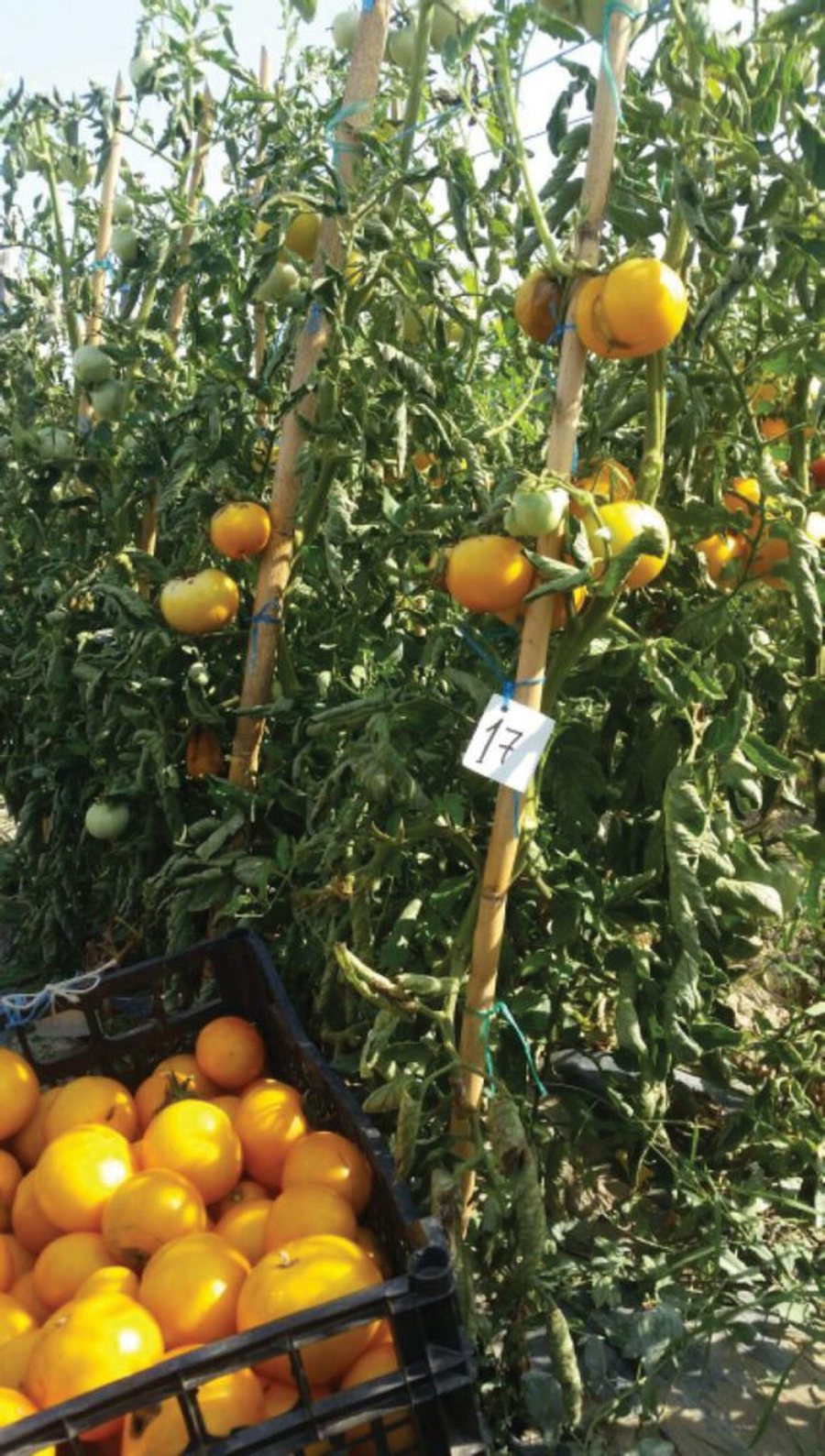
Where does the value of these lie and what future could their return have?
The value of these varieties is multiple, nutritional, cultural, agronomic and economic. They are richer in flavor, better adapted to the climate and soil of the area and often more resistant to extreme conditions, such as drought or local diseases.
Their return is not simply a nostalgic act, it is a form of resistance to industrial agriculture and a concrete way to protect agricultural biodiversity.
Their future lies in artisanal agriculture, quality gastronomy and agro-cultural tourism, where authenticity and taste have special value.
These cultivars are the creation of the Albanian farmer and the land, they represent a living heritage and are the most important part of our cultural and agricultural identity.
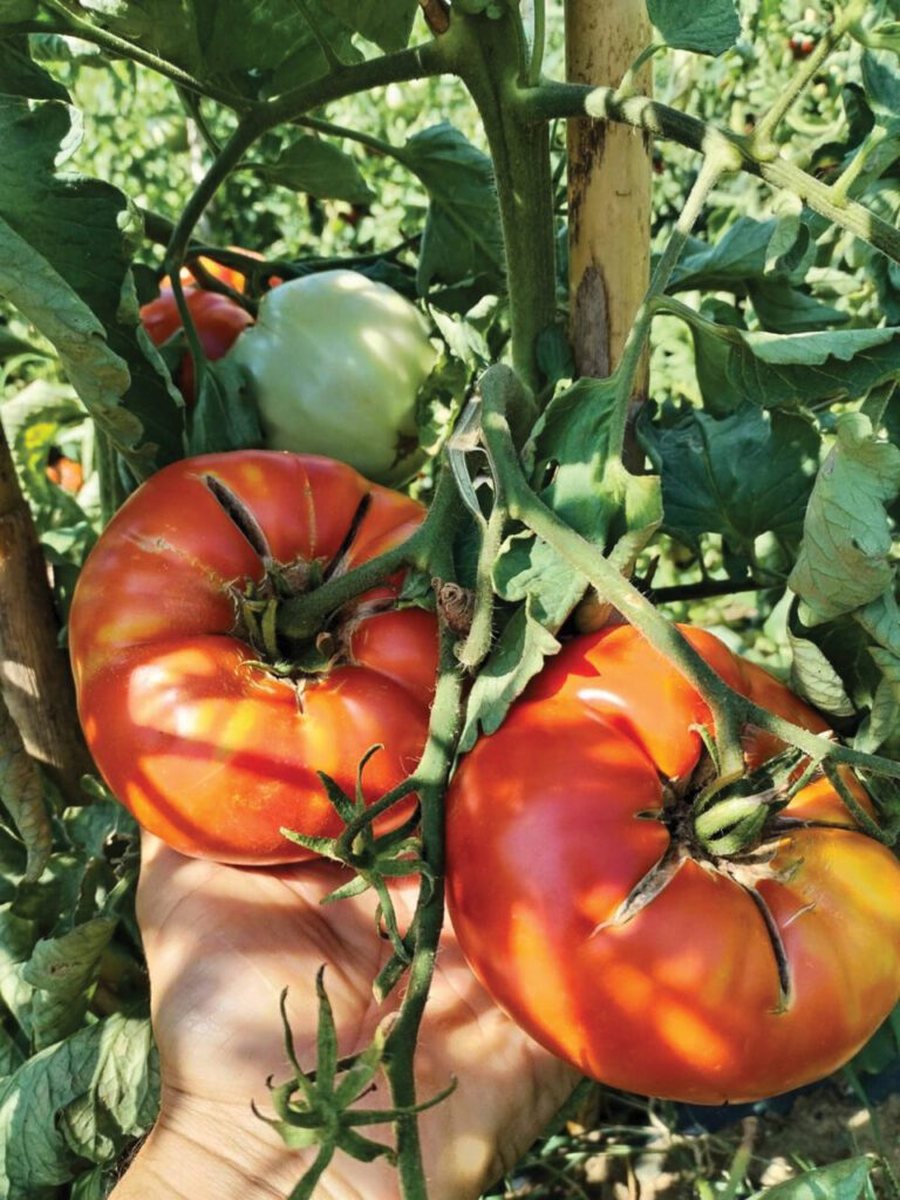
Can you describe the difference in taste, aroma, and appearance between a product from your seeds and a hybrid product from the mainstream market?
The indigenous tomato, for example, has a deeper flavor, sometimes sweeter, sometimes pungent, it all depends on the variety, but always with a unique character.
It has a strong scent, softer skin, and a more natural color.
Unlike hybrid tomatoes, which may look perfect but are often tasteless and odorless, native tomatoes are many times more assimilable by the body, easier to digest, and richer in nutritional value.
Hybrid seeds are designed to have high yields and resistance to transportation or disease, but this often comes at the expense of flavor and authenticity.
What are some of the most unique varieties you are growing? What traditional names do they have?
Most cultivars bear the names of the places where they were collected, reflecting their origin and connection to the respective area.
We have, for example, the yellow tomato of Korça, the "Sereke" tomato, the tomato of Lezha, Shala, Tirana, the "Pink of Kukës" and "Mollagjesh" tomatoes.
Among the peppers, we cultivate the "Kapi vendi" pepper, the Laknas pepper, and the Gjorica pepper.
Among the eggplants we have varieties such as "Ajdin Sihaj", "Oblika e Shkodras", "Sukthi", "Zall Herri" and from the village of Pacomi.
Among the watermelon varieties we have "Kavajoti", "Yellow Watermelon of Kosovo" and the indigenous line KS-74.
We also cultivate the "Bazi" salad, the Kallm melon, the "Tirana watermelon", etc.
Besides taste, what other qualities make these plants special? Are they more resistant to drought, local diseases, or better adapted to the soil and climate of the area?
Yes, many of them are better suited to our conditions. For example, some varieties of tomatoes from dry areas have deep roots and need less water. Native corn is more tolerant of moisture.
These qualities are the result of many generations of adaptation to the climate and are not easily achieved with standardized industrial seeds.
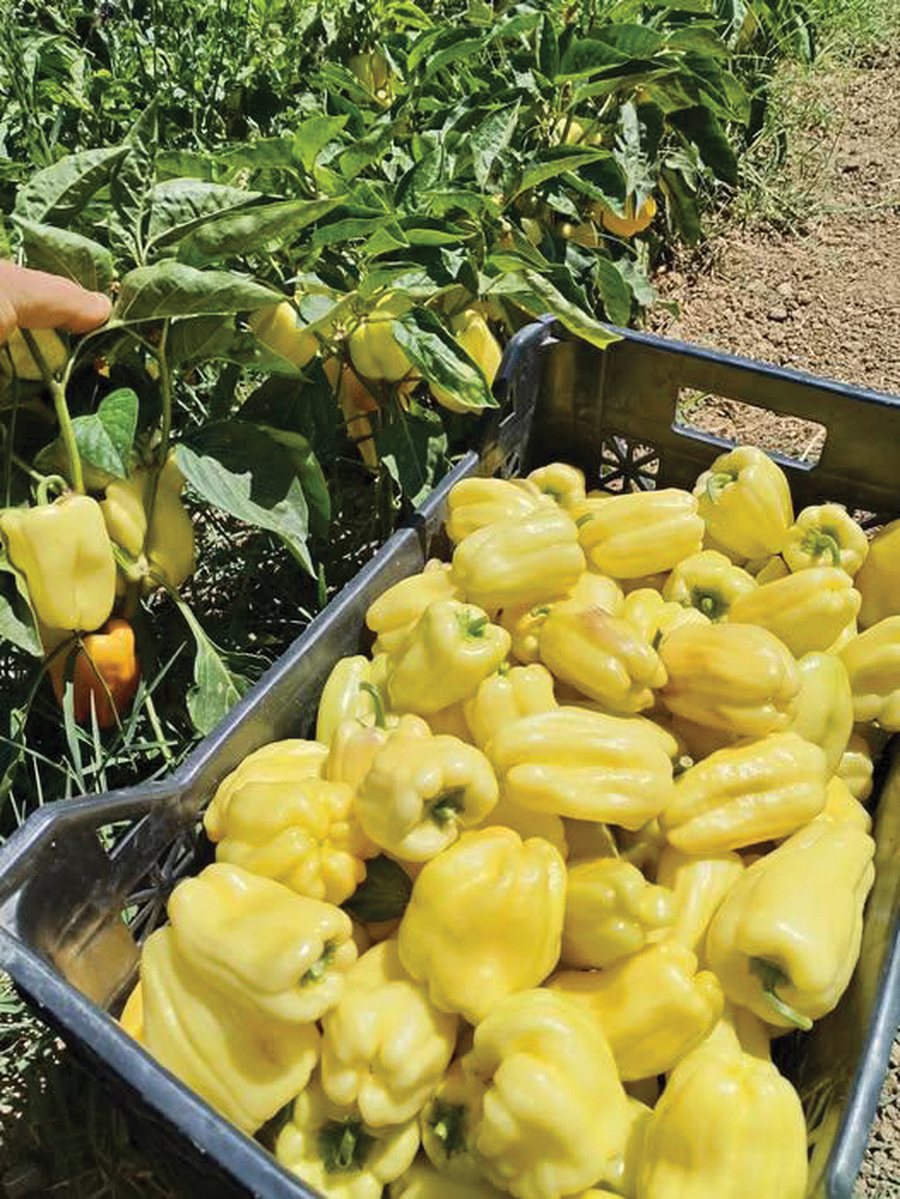
Is there any secret or old cultivation technique that you use, which you learned from your ancestors and which is in danger of being forgotten?
Yes, there are some old techniques that have unfortunately been forgotten, but that I still use.
One of them is planting the seed directly in the ground, without seedlings. This method gives the plant freedom and strength from the start, building a deeper and stronger root system.
As a result, the plant becomes more resistant and produces healthier seeds, which better preserve the characteristics of the predecessor.
Another old practice is agricultural crop rotation, rotating them from one year to the next, to avoid soil depletion and keep beneficial microflora alive.
I also use organic fertilizer from local animal breeds, which is more suitable for our soil.
The initiative to revive local seeds has also come in response to the growing demand from agrotourism spots in the country. This initiative has been supported by a number of institutions and organizations, which have helped the project take shape.
I am deeply grateful to the Institute of Genetic Resources, the Agricultural University of Tirana, GIZ Albania, Prof. Sokrat Jani, Valbona Hobdari, Zef Gjeta, and Altin Prenga from "Mrizi i Zanave", as well as the Agrotourism Association, which has always been ready to spread these cultivars in the agrotourism network in Albania. /Monitor/


